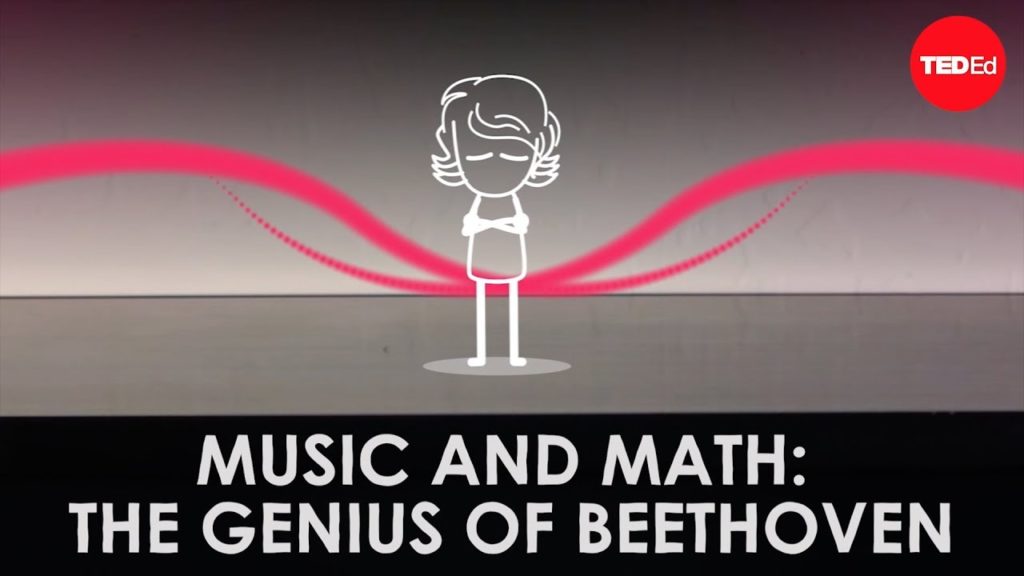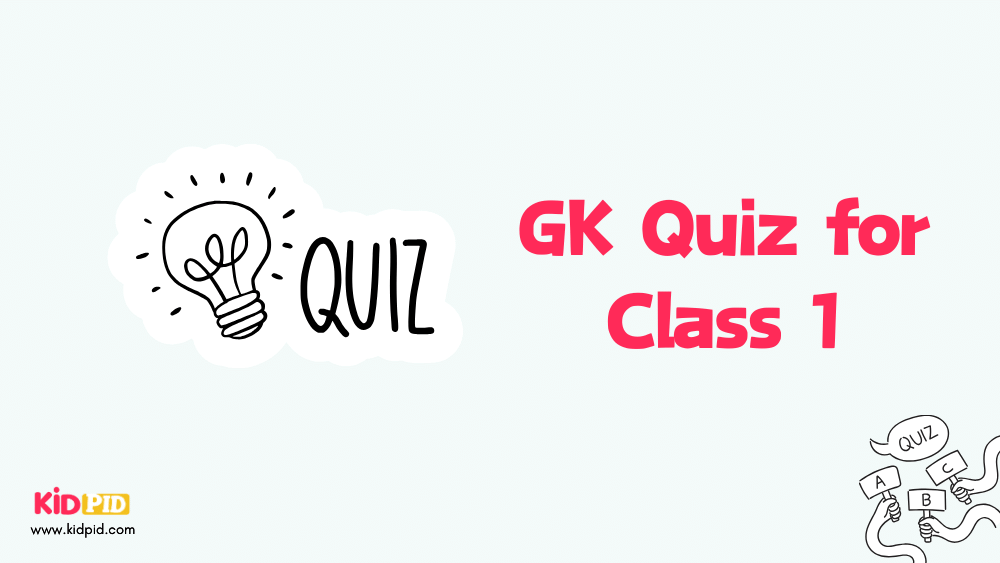Music and math: The genius of Beethoven

Beethoven was a great Greek pianist and a music composer who was one of the most admired music composers from the history. The works of Beethoven are still considered to be one of the finest works of music. Ludwig van Beethoven’s music are ranked among the most performed in the classical music repertoire.
The works of Beethoven are seen from an era of classical period to the romantic period. During his career, beethoven was suffering with deafness. He became partially deaf during that time. At the last part of his life, he lost his hearing ability.
During this time, Beethoven composed some of the greatest compositions with the help of maths. This suggests the relationship between maths and music. The keys in the keyboard and their sound on different types of tapping helped beethoven in understanding the relationship between maths and music. He used maths so conveniently in his musical composition that they came out well even though he could not hear the music.
This time of the Beethoven’s struggle was considered to be heroic and often described as such.
During this time, Beethoven composed about six sonatas and gave performances in two piano concerts and an only opera performance known as Fidelio.
During the end of this life i.e, during his last stages, Beethoven started composing songs with the help of previous works of other great musicians and composed some of the sonatas and made a few symphonies. The works which were made in this period has intellectual depth and also very much intense and high personal expression. Beethoven also composed few quartets during this period. Yet the use of maths in his musical composition helped in overcoming all the odds that created some of the outstanding music composition ever made in the history of music. Beethoven breathed his last in the year 1827 due to illness and was bedridden for months before the great music composer died.






Responses